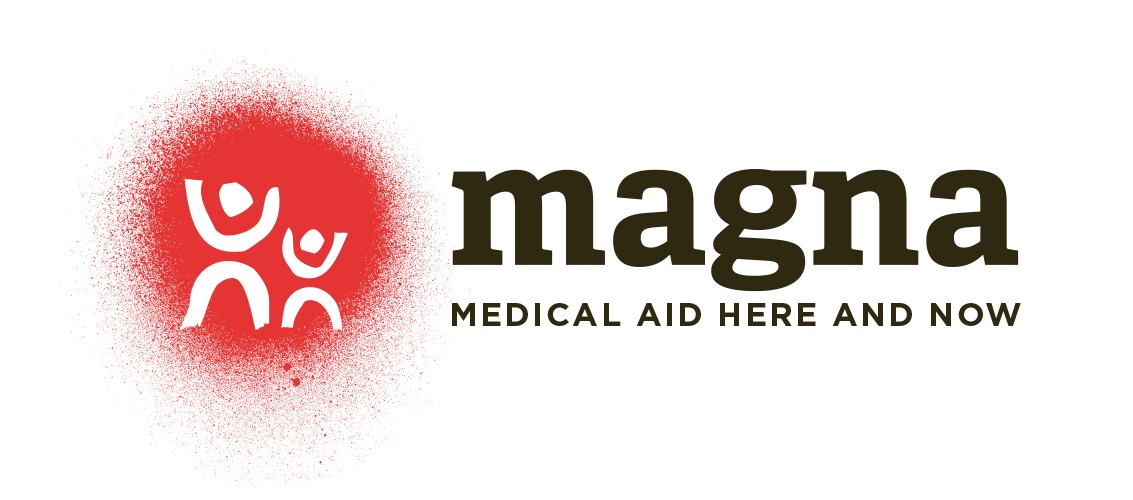„The anesthesia in Syria is being done by lower sanitary workes pursuing instructions,“ says Martin Bandžák.
On 15th March it has been five years already since the war in Syria has begun. Innocent demonstrations of middle class civilians, violent repression and thousands of guiltless citizens in prisons of inhuman conditions have escalated into war, that has no rules of humanity. This war evoked one of the biggest migration fleeing and humanitarian catastrophe in recent years. Syria had more than 23 millions of inhabitants. Today the Syrian researcg centre reports 45% citizens who left their homes. 11,5% were killed or injured. Almost five millions of syrian refugees live in neigbhouring countries. In Libanon, Jordan, Turkey, Iraq and northern Africa. Country has been left with the poorer inhabitants. „The medical aid in Syria is almost inaccessible. The bordering countries are struggling with health care provision, MAGNA prepares for humanitarian mission just there,“ Martin Bandžák comments the situation after coming back from the area.
Lack of health care provision
Currently, there is more than one million Syrian refugees in Lebanon, which makes one third of the overall number of inhabitants. Jordan struggles with more than seven hundred thousands, and Turkey has more than half of all the refugees, 2.7 million of fleeing people. Each fleeing person would rather live in their countries of origin, if there was peace and safety guarantee. The majrity of them does not live concentrated in refugee camps, but rather among the local people. The pressure on local health care provision is growing and so does the tension among inhabitants. The lack of sufficiently trained medical aid workers and deficit of medical material has exhausted into 15% of deaths. There is only 664 doctors left in Syria who have to provide medical care in catastrophic conditions and are target of armed groups. Even though they have support from international organizations, „the anesthesia in Syria is being done by lower sanitary workes pursuing instructions,“ says Martin. Currently the international medical aid is not allowed to enter the Syrian area, so there is a need of trainings of local health workers, provide medical material and send all the instructed health workers back to Syria. The hospitals are being bombarded and there is need of mobile medical aid services. „Because the pressure on primary health care in Lebanon and Jordan has significantly increased, MAGNA decided to concentrate on medical aid not only in Syria but in bordering countries as well.“ Says Martin.
In this moment MAGNA concetrates on logistics of mission directly in field, obtaining of medical material, medicines and financial sources so that MAGNA teams may as soon as possible provide medical aid where it is most needed.
